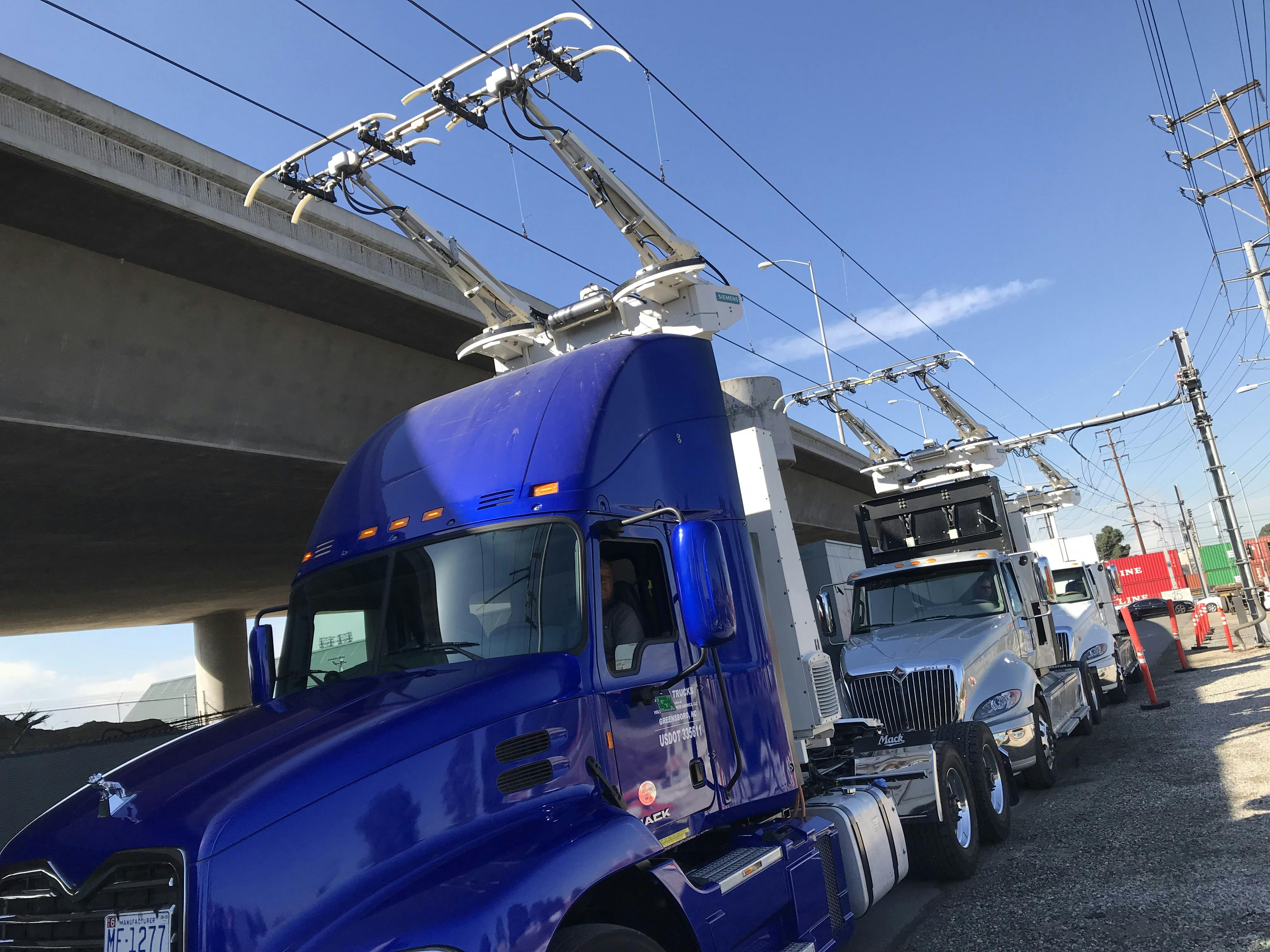Never Mind Electric Cars: Why Electric Roads are the Real Key to the Future
“Breathe in that smog and feel lucky that only in L.A. will you glimpse a green sun or a brown moon. Forget the propaganda you’ve heard about clean air; demand oxygen you can see in all its glorious discoloration.”

As is often the case, cult film director John Waters captured it more colorfully than anyone when he wrote about Los Angeles’s pollution in his book Crackpot. The smog of L.A. is as iconic as the Hollywood sign or the surf of Santa Monica.There’s no single reason the haze of pollution defines Los Angeles more than any other American city. The second-largest city in the nation has been allowed to sprawl and stretch in a way New Yorkers could only dream of. Its location in a basin surrounded by mountains serves to trap more toxic air particles than might otherwise be the case.But mostly, it’s the cars. No, scratch that: The millions of cars are a problem. The trucks are the problem. Nothing is responsible for more smog-causing emissions in southern California than the trucks that haul freight between the region’s cities and ports. And these trucks may just be too big to realistically run on electric batteries like the passenger cars built by Tesla and others.One possible answer? Don’t electrify the trucks, electrify the roads. That process actually was revealed this week on a mile’s stretch of highway in Carson; located between the heart of Los Angeles and the main port of Long Beach. It’s called an eHighway, and its creators at Siemens, the electrification, automation and digitalization multinational, tell Inverse it can considerably lessen highway emissions.
Previously:“We know there’s so much noise and pollution in this area,” says Andreas Thon whose title is “head of Turnkey Projects & Electrification” in North America.Thon oversees highway electrification projects for the power and industrial technology company Siemens, which is building the road in Carson and has tested similar highways in Germany and Sweden.“The advantages of this system is, first, it’s zero-emission,” Thons says. “So the noise level is really reduced. And furthermore you have economic benefits because the electric drive requires less energy than the diesel one.”The road’s setup will be familiar to anyone who has seen a trolley or streetcar trundle through a city. Specially designed trucks run underneath electric lines, each equipped with an instrument called a pantograph that makes connection to the lines and draws power to propel the vehicle. Currently, three trucks — a battery-electric, natural gas and electric hybrid, and a diesel hybrid — are testing out the mile-long road, which cost $13.5 million to build.That may sound like a lot, but Thon says the future cost should be closer to $5 million. That price would make it competitive with building more railroads, which are the only other option for the kind of heavy freight shipping that trucks can provide....MORE
Siemens Is Building Germany's First Electrictrified Highway